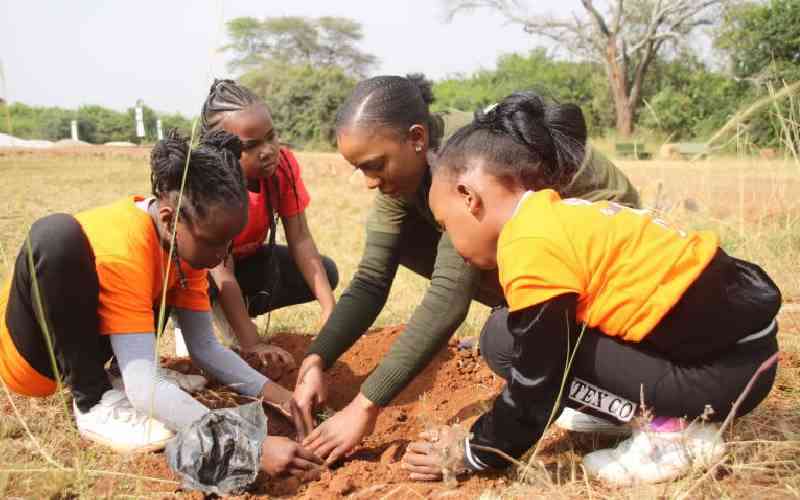×
The Standard e-Paper
Join Thousands Daily

On planting trees to make up for the environmental degradation, we have certainly done a great effort. But, it is the least effort and easiest option to take.
Last Saturday, I watched a film called 'The Letter', with children from St Mary's School, Musongari. The film is based on Pope Francis' most read encyclical Laudi Si on the call to care for the environment. What made the film have a new meaning for me is the reaction of children to its content.